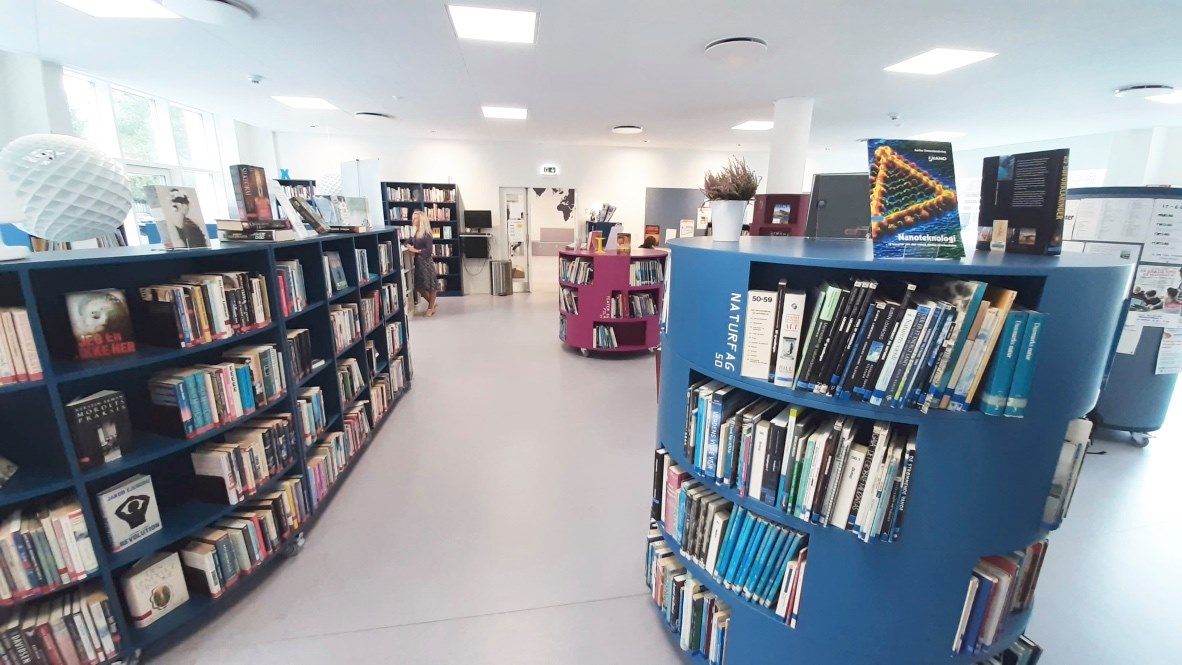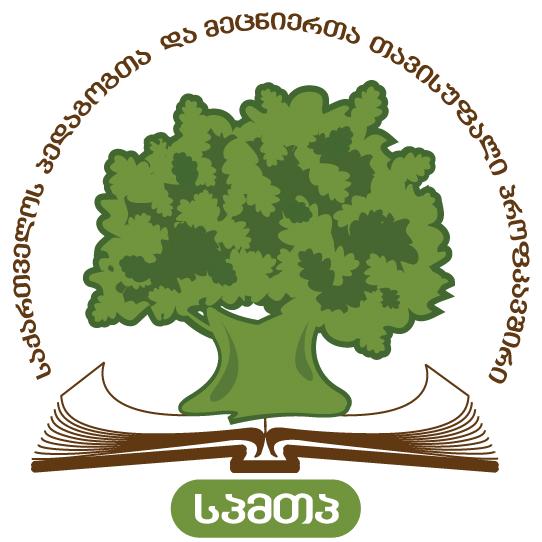Impressions of One-week Exchange Program participants on the Danish Education System:
"The priority of the state is education... when education is not available, you are doomed... And here, of course, you learn to live happily ever after in a happy country! ”
“We had the opportunity to get acquainted with the Danish educational system and the environmental conditions of the schools on the spot. The system is flexible and student-oriented. ”
In Denmark, early/preschool, secondary education, vocational and higher education are available to all. Students enter school at the age of 5/6. Only 9 years of general education is compulsory. 10th grade teaching can be used to plan for the future. Those who have successfully completed three years of high school are ready for higher education.
There are three types of upper-secondary schools/gymnasiums in Denmark, including vocational education programs, and those with vocational education who wish to pursue higher education have every opportunity to do so.
The quality of teaching in the gymnasiums is high and the students enter the universities with the obtained results. For mastering the teaching profession, teachers with undergraduate degrees can work at primary level, but for teaching at secondary level master's degree is necessary. It is noteworthy that a one-year pedagogical practice program is provided by the school itself with its own finances. Denmark pays special attention to adult education which is accessible for immigrants as well.
Teachers are trusted and respected in Denmark. They are researchers, who manage educational materials, resources, divide lesson hours for theoretical and practical teaching and are oriented on results of their students. The general aim of each lesson is for the student to learn and absorb the material. Chemistry, physics and biology are taught both, for theoretically and practically, in accordance with the objectives set out in the National Curriculum developed by the Ministry of Education.
Schools are autonomous. They have liberty to build their own curriculums that meet the demand. Teachers decide themselves, what material and methods to use in teaching.
Teachers use various teaching methods. Students are usually divided in groups. Differentiated teaching is also commonly used. All students receive the study materials on their computers. Despite the active use of technologies, great attention is paid to writing skills and students are given special courses on academic writing.
Inclusive education is provided for students with special needs, a special education teacher works with them along with a subject teacher. On primary level, sometimes two special education teachers work together. Schools also have special rooms for these students. A personalized curriculum is made for every student. Special education teachers are not responsible other lessons.
The teachers of the same class, along with the school board regularly meet each other to share their experiences and work towards better results. In order to improve the work environment of the school staff, corporate meetings are organized once or twice a year. One of the schools offers a free lunch to teachers on Fridays during which they have the opportunity to communicate directly.
School staff works like a big, living body: Teachers serve the student, principal serves everyone.
Every student’s rights are defended. There are social workers in the schools. Students address them at any time (conflict with another student, problem at home, problem with the teacher) even if they cannot make important life choices. For example, while choosing the next level of education. Social workers’ offices have closed spaces, so that when students cannot control their emotions, they are hidden from the prying eyes.
The school budget allows for infrastructure care. Therefore, all classrooms, laboratories, workspaces are equipped.



